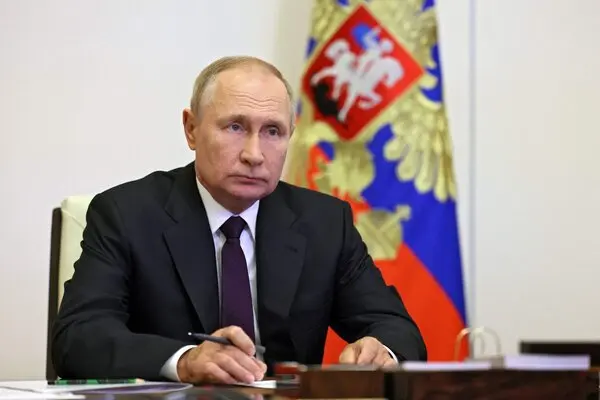Russian President Vladimir Putin made a groundbreaking announcement on Wednesday, declaring significant progress in Russian scientific endeavors towards developing vaccines for cancer. Speaking during televised remarks at a Moscow forum focused on emerging technologies, Putin expressed optimism about the imminent accessibility of cancer vaccines for patients. He stated, “We have reached a significant milestone in the development of vaccines and next-generation immunomodulatory drugs.”
While Putin did not provide specific details about the targeted types of the disease or the mechanisms of action, his announcement aligns with ongoing global efforts in cancer research. For instance, the UK government recently collaborated with BioNTech, a German biotechnology company, to initiate clinical trials for personalized disease treatments. Their goal is to enroll 10,000 patients by 2030, reflecting the growing interest in tailored therapies.
Furthermore, pharmaceutical giants such as Moderna and Merck & Co. have been making strides in experimental cancer vaccines. Encouraging results from a mid-stage study of their vaccine showed a 50% reduction in the risk of recurrence or mortality from melanoma, the deadliest form of skin cancer, after three years of treatment.
It’s worth noting that the World Health Organization recognizes six licensed vaccines targeting human papillomaviruses (HPV), which are linked to various cancers, including cervical cancer, as well as vaccines for hepatitis B (HBV), a leading cause of liver cancer.
Despite Russia’s success in developing the Sputnik V vaccine against COVID-19, which has been distributed to numerous countries, it faced hesitancy among the domestic population. To address concerns about its efficacy and safety, Putin publicly disclosed that he received the Sputnik V vaccine.
Putin’s announcement marks a significant advancement in medical innovation, offering hope for improved treatment options globally. As research continues to progress, the potential for personalized therapies and next-generation immunomodulatory drugs holds promise for enhancing patient outcomes and combating cancer on a broader scale.














